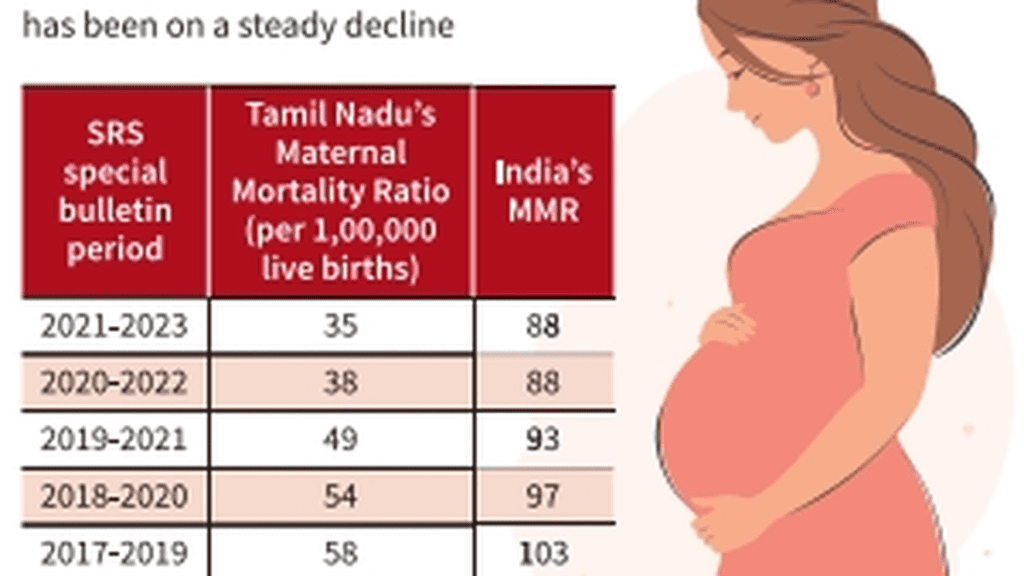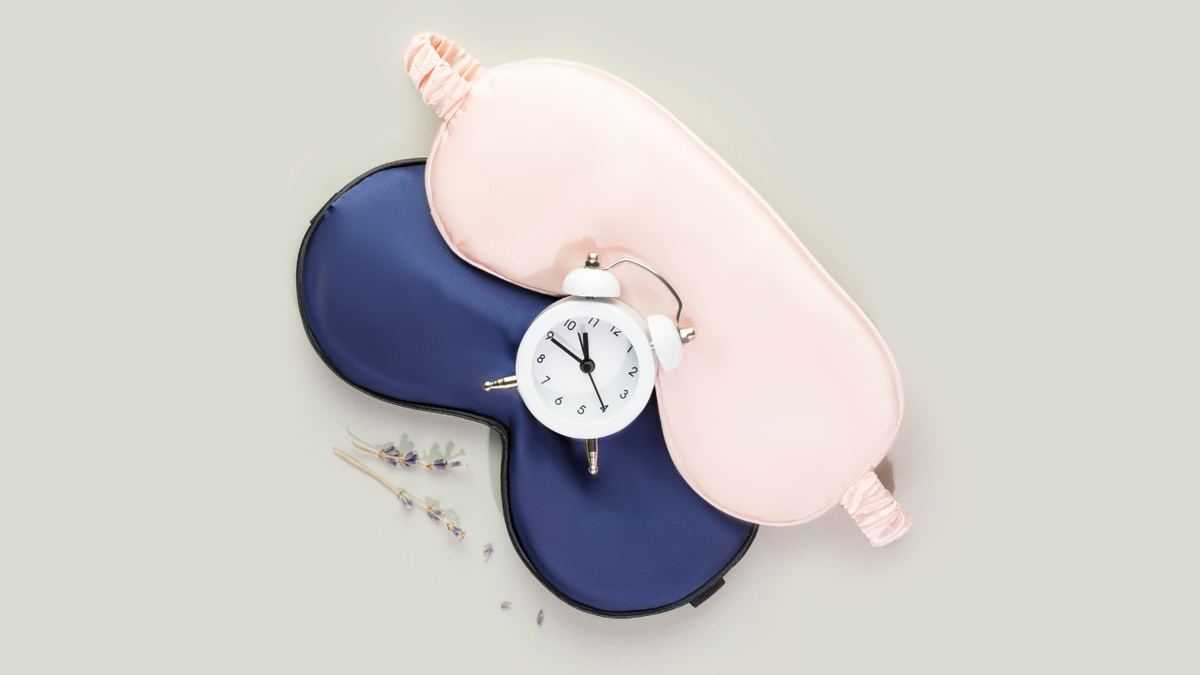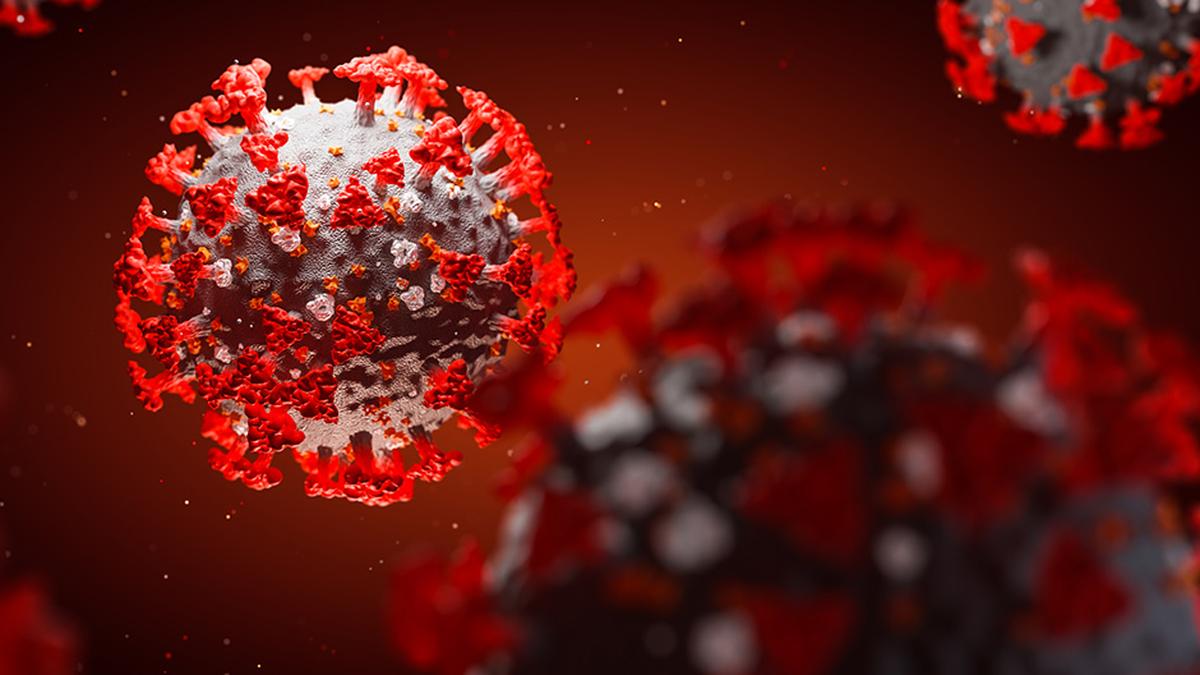What are the rules with regard to pharma companies giving ‘gifts’ to doctors in India? Premium

What are the rules with regard to pharma companies giving ‘gifts’ to doctors in India? Premium
The Apex Committee for Pharma Marketing Practices, under the Ministry of Chemicals and Fertilisers, recently found pharmaceutical company AbbVie Healthcare India Private Ltd, a subsidiary of the U.S.-based AbbVie Inc,. guilty of sponsoring international trips to the tune of nearly ₹1.91 crore for 30 doctors, a breach of the Uniform Code for Pharmaceutical Marketing Practices (UCPMP), 2024.
The case came to light based on an anonymous complaint accompanied by documents supporting the claims concerning unethical marketing practices, where doctors were offered the freebie for ‘professional development’. The tip-off gave details about the travel tickets and hotel accommodation offered to doctors under the guise of a conference (The Aesthetic and Anti-Aging Medicine World Congress 2024) in Monaco and Paris, said the Union Health Ministry.
So what do the rules in India say about pharmaceutical companies offering “gifts’” to doctors?
Both the UCPMP 2014, and now 2024 version, clearly forbid pharmaceutical companies from offering travel and hospitality to any healthcare professionals.
The UCPMP was brought in last year by the Health Ministry, in a bit to promote transparency and ethical conduct within the pharmaceutical sector. On March 12, 2024, the Department of Pharmaceuticals (DoP) issued a policy communication to all pharmaceutical associations, enclosing the UCPMP 2024. .
The UCPMP 2024 is a framework that regulates how pharmaceutical companies and medical device companies interact with healthcare professionals (HCPs) in India. It aims to prevent undue influence on prescription practices, ensure fair practices, and protect public health.
The Code prohibits companies from offering gifts, benefits, or pecuniary advantages to HCPs or their family members. It also restricts companies from offering travel facilities or hospitality to HCPs, unless under specified programmes.
The UCPMP 2024, however, allows companies to offer informational and educational brand reminders, as well as free samples, subject to certain conditions. The UCPMP 2024 replaced the UCPMP 2014. It applies to both pharmaceutical and medical device companies.
An article, ‘The pharmaceutical company–healthcare relationship: much ado about something’, published recently in the Indian Journal of Medical Ethics, notes that the relationship between pharmaceutical companies and the healthcare profession, especially doctors, has always been fraught with conflicts of interest (COI). Personal, intellectual, financial or commercial COI can affect one’s judgement and actions, sometimes even inadvertently, it notes.
“There is evidence to suggest that financial “gifts”, however they may be packaged, can influence a doctor’s prescribing practice. Despite popular thinking, there is no “dose–response” — no direct link between the “size” of the financial gift and the degree of influence. Even a “small” gift can create a “network of obligation” as doctors are also social beings, affected by the “rules of social reciprocity”. This is why it is critical that doctors become self-reflective and aware of this risk of bias, so that they can actively counteract it themselves, and encourage their academic peers to do so too,’’ points out the article.
In the AbbVie Healthcare India Private Ltd case, the company attempted to justify its breach as an ‘acceptable industry practice’. The company added that it had entered into a professional service agreement with these doctors to compensate them for their services. Following this, the company also rejected the option for remedial action where it was asked to provide support to underprivileged patients in government hospitals for an amount equivalent to the violations computed by the special audit team.
The company was subsequently reprimanded for unethical marketing practices and the Central Board of Direct Taxes has been asked to evaluate the tax liability of the company along with that of the 30 doctors and act in accordance with the provisions of the Income Tax Act, 1961. Additionally, the National Medical Council has also been asked to act against the 30 doctors as per the Indian Medical Council (Professional Conduct, Etiquette and Ethics) Regulations, 2002.
Experts point out that a strict implementation of the code and penalising of violators is essential to keep conflicts of interest at bay, and nurture trust in the medical community.
India’s pharmaceutical industry is a global leader, with a strong domestic market and a reputation for low prices and high quality. The national pharmaceutical industry is the world’s third largest by volume and fourteenth largest by value. In 2021, the domestic market was valued at USD 42 billion, and is expected to reach USD 120–130 billion by 2030. India is the world’s largest supplier of generic drugs by volume, and exports to over 200 countries and territories. In 2022–23, India’s pharmaceutical exports revenue was USD 25.3 billion.










